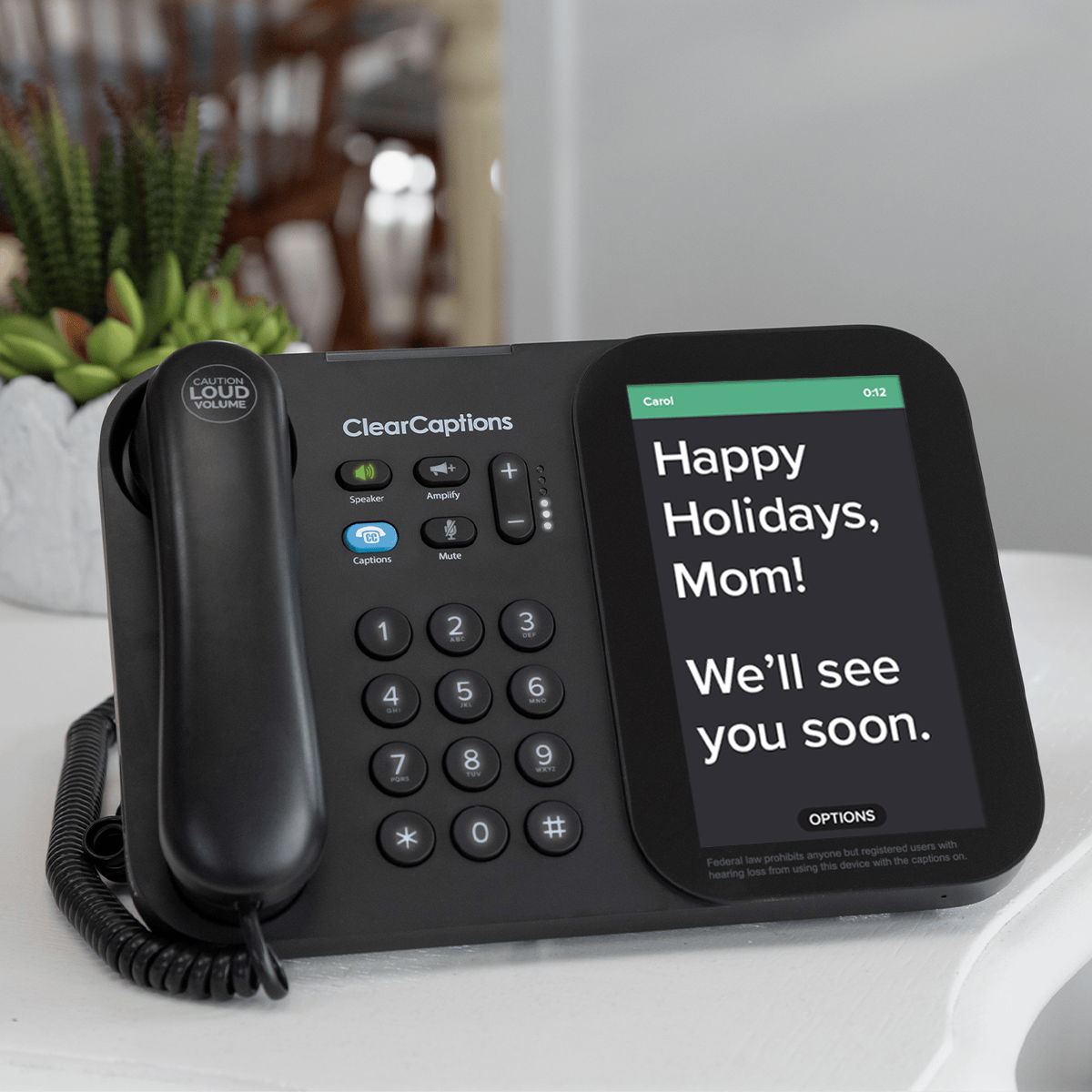What’s the Difference Between a Hearing Aid and a Hearing Amplifier?


Key Takeaways
- Hearing aids and hearing amplifiers are both helpful in managing hearing loss.
- Hearing aids are unique to each individual and must be prescribed by a qualified healthcare professional.
- Hearing amplifiers can be purchased in a store without a prescription, but they don’t address individual hearing loss.
Caring for a loved one with hearing loss means helping them find the right tools to make everyday life easier. You may be wondering whether hearing aids or hearing amplifiers are the best choice to support their hearing needs. Understanding the differences between these devices can help you find the right solution.
What Are Hearing Aids?
Hearing aids are medical devices designed to help people with hearing loss. Programmed by audiologists, they do much more than just make sounds louder.
Personalized to each person’s ears, hearing aids work by picking up the sounds around them. A computer chip inside the device processes and amplifies certain sounds. Once it is processed in a way that someone with hearing loss can understand, it delivers the sound to their ears.
Not everyone has the same level or type of hearing loss. Hearing aids are customized to address the user’s unique hearing issues.
For example, some people have trouble hearing high-pitched sounds, such as birds chirping. Others struggle with low sounds, like deep voices. Hearing aids can be adjusted to help with these specific problems.
Once a doctor or audiologist tests their hearing, they may prescribe hearing aids. After receiving the prescription, the audiologist will determine which style of hearing aid is best suited for the level of hearing loss and individual comfort. Some fit behind the ear, while others fit inside the ear canal, where they’re almost invisible.
What Are Hearing Amplifiers?
Hearing amplifiers, also known as personal sound amplification products (PSAPs) or hearing enhancers, are devices that amplify all sounds in the user’s surroundings. Unlike hearing aids, anyone can use a hearing amplifier. However, they are not specifically designed or programmed to address a unique level of hearing loss.
An amplifier for hearing loss:
- Picks up all sounds nearby and makes everything louder
- Doesn’t adjust to the wearer’s specific hearing needs
- Typically costs much less than hearing aids
Since amplifiers don’t require a prescription, obtaining them is simpler. They are often advertised online or in stores. If your loved one is interested in trying this option, you can purchase one directly and have them start using it immediately.
Some situations where an amplifier might be helpful include:
- Birdwatching to hear distant bird calls
- Watching TV with other people without hearing loss
- Listening to someone who is speaking far away
The key difference between a hearing aid and an amplifier is that hearing aids are medical devices designed for individuals with hearing loss. In contrast, amplifiers are more akin to binoculars for the ears. They amplify everything, but don’t address specific hearing issues.
Why the Right Device Matters
Understanding the difference between a hearing amplifier vs. a hearing aid is incredibly important. If the person you’re caring for is using the wrong hearing assistive technology, it could actually cause more harm than good.
If they need a hearing aid but use an amplifier instead, it could:
- Make their hearing worse because amplifiers can be too loud
- Miss important sounds that customized hearing aids would have picked up
- Delay in getting proper treatment for their hearing loss
- Cause frustration because the sounds aren’t clear, just louder
Some people also consider the cost when deciding between the two devices. While hearing aids usually cost more than amplifiers, they also:
- Last longer (usually 5-7 years)
- Can be adjusted as the wearer’s hearing changes
- Include professional support and follow-up care
- Are sometimes covered by insurance or special programs
When hearing amplifier vs. hearing aid discussions come up, remember that hearing aids are an investment in your senior’s health and happiness. Using the right device means they’ll be able to:
- Understand conversations better
- Stay connected with friends and family
- Feel more confident in social situations
Since untreated hearing loss can impact memory and thinking, hearing aids also help protect brain health.
If you are caring for someone managing hearing loss and think they might benefit from a hearing enhancer, schedule an appointment with their doctor or audiologist. They can tell you exactly what kind of support you need.
Supporting Hearing With More Than One Tool
Sometimes, the best approach to hearing better involves more than just one tool. Even people who have hearing aids might use other devices in certain situations, like talking on the phone.
It’s important to keep in mind that simple day-to-day tasks might be harder because of hearing loss. Even having phone conversations can be incredibly difficult. Either someone talks too quickly, or they don’t speak loudly enough, which can be extremely frustrating.
A ClearCaptions Phone is the perfect solution to this hearing challenge. Specially designed for seniors and those who are hard of hearing, this caption phone is designed to help them catch every word and feel more confident when speaking on the phone.
As the caller on the other end of the line speaks, their words will appear in near real-time on a screen attached to the caption phone. This allows the user to read what they are saying as they are saying it. Simple touchscreen controls also allow for custom caption size and color.
Finding the Right Support for Your Loved One
Finding the right hearing support requires a careful combination of technologies. Some people might use their hearing aids most of the time but use a hearing amplifier in specific situations, like watching TV late at night or listening to birds in the park.
The important thing is to start with a proper hearing test. Your hearing care professionals doctor can help decide on the right mix of tools and strategies to manage hearing loss.







